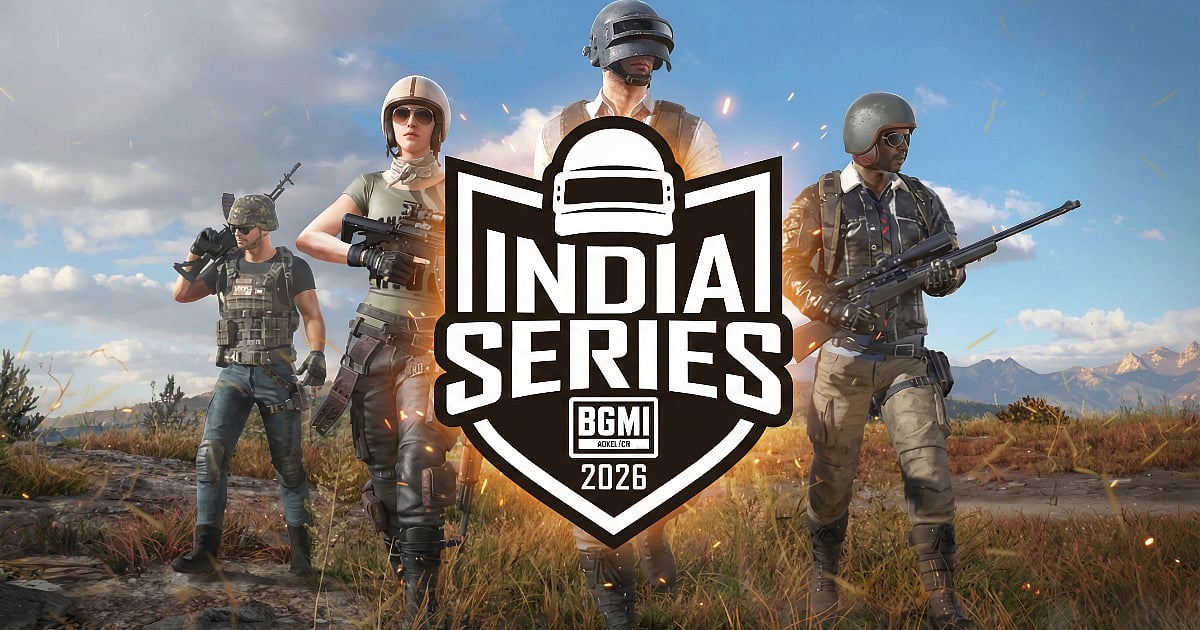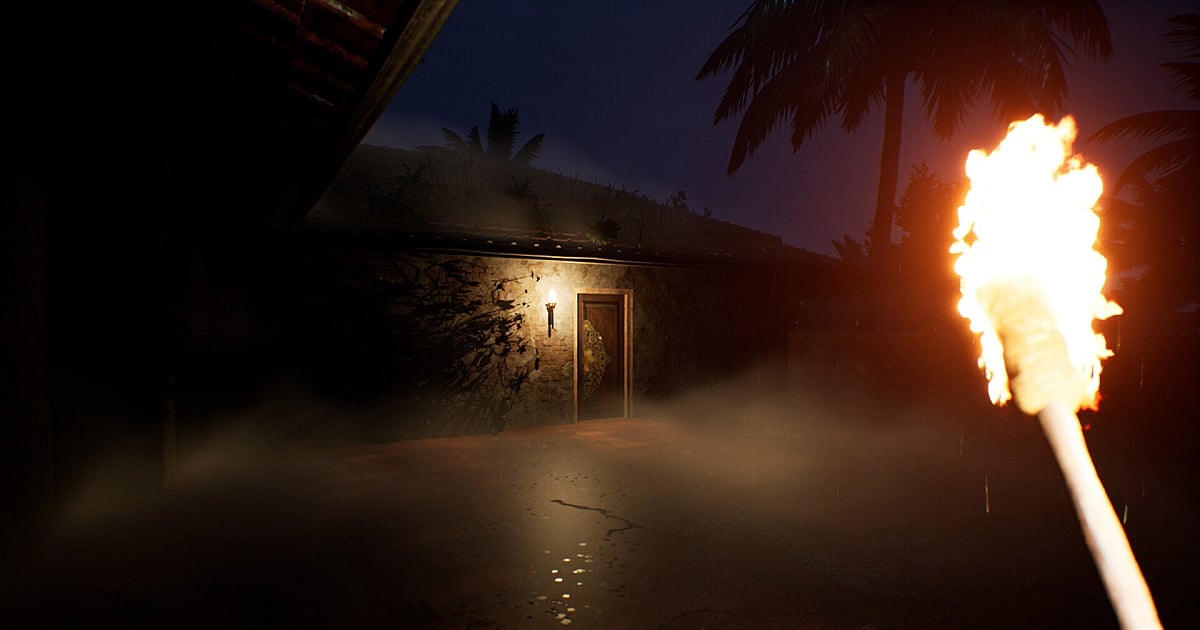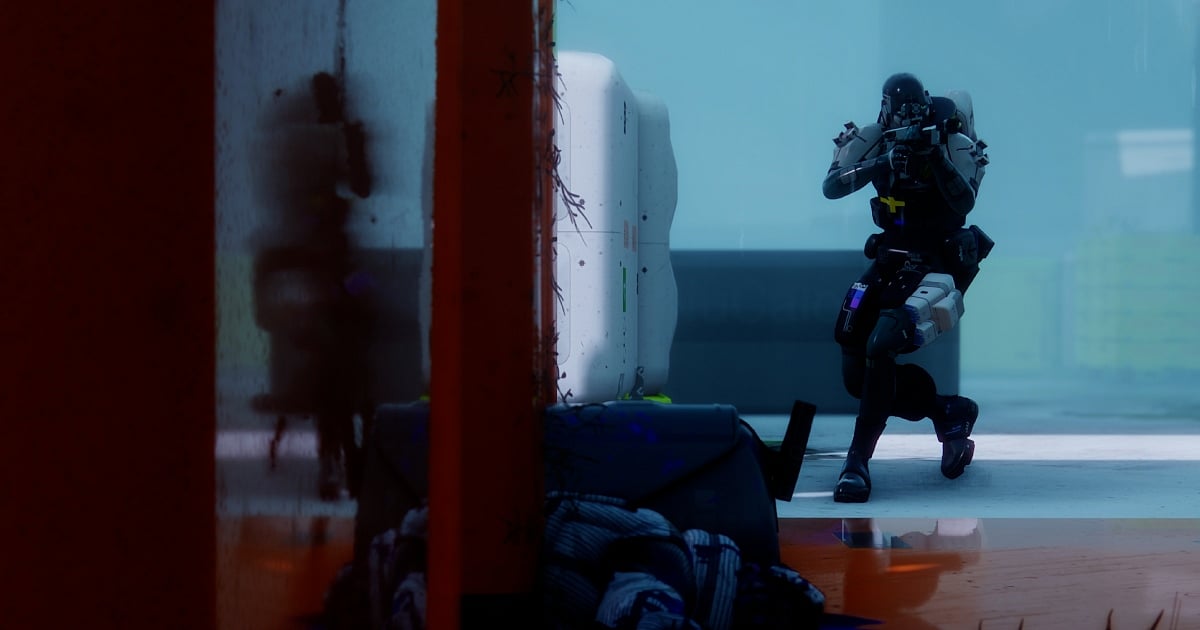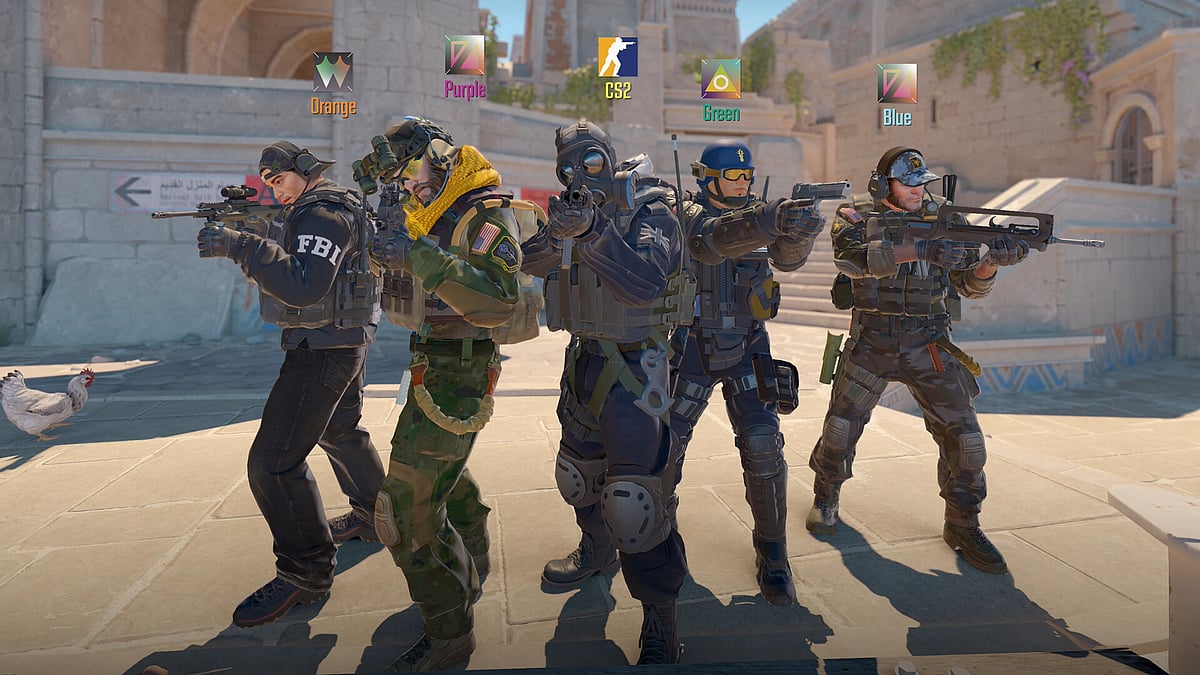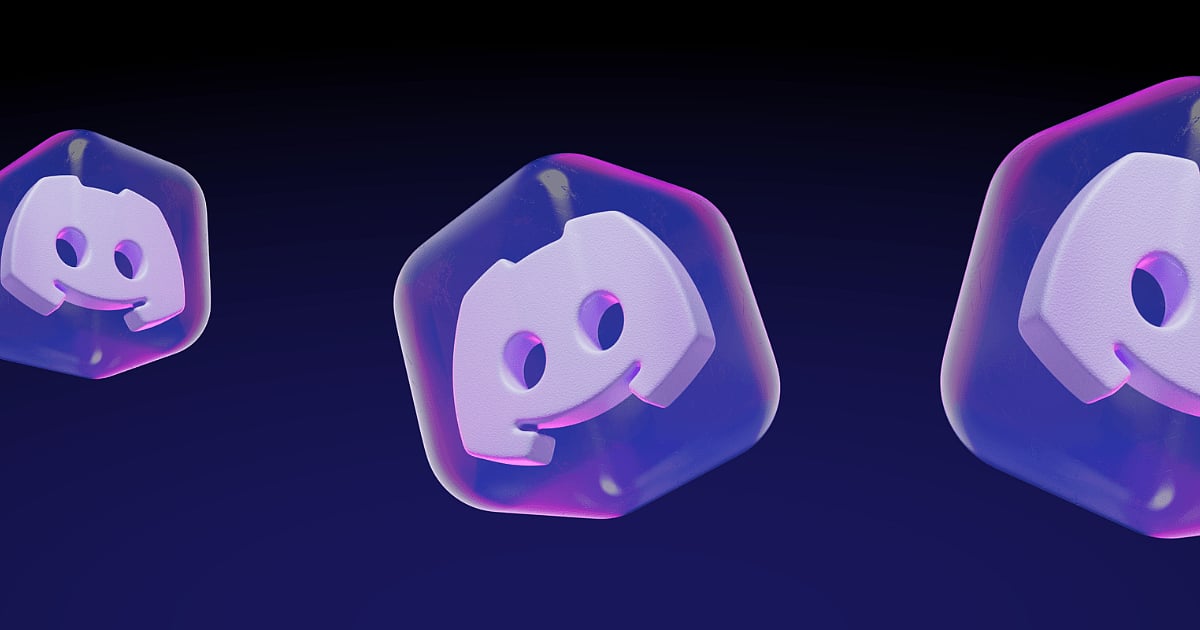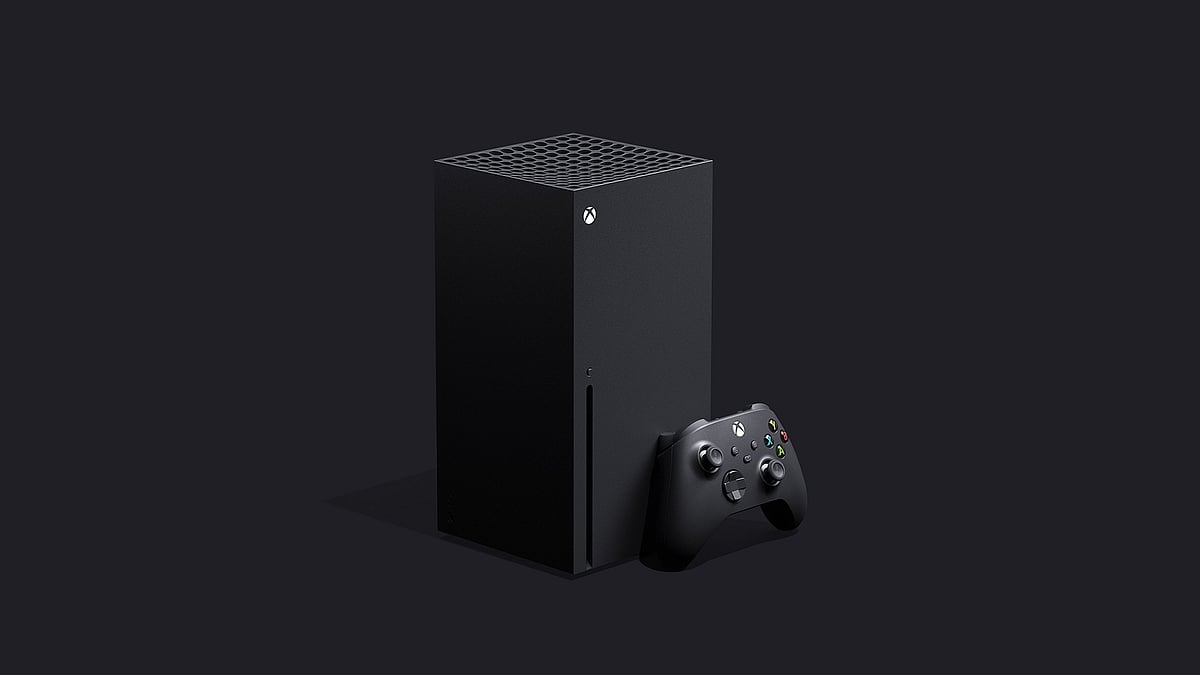
Microsoft Denies Xbox Hardware Exit Amid Third-Party Shift Rumors
Microsoft Denies Xbox Hardware Exit Amid Third-Party Shift Rumors
Highlights
- Rumors surfaced claiming Xbox’s next-gen console plans are “up in the air” and Microsoft is pivoting toward software and cloud gaming as its future cornerstone.
- Microsoft firmly stated it is “actively investing” in first-party Xbox consoles and devices, citing a multi-year AMD partnership for next-gen hardware.
- Insider reports of retailers dropping Xbox consoles and possible layoffs fuel speculation, but Microsoft remains committed to hardware development for now.
Recent reports from industry insiders suggested that the future of Xbox hardware is uncertain, with claims that Microsoft might abandon making new consoles and fully embrace a third-party publishing model centered on its popular franchises and cloud streaming. This sparked widespread debate about whether Xbox would transition entirely to software, focusing on its mega-franchises and Game Pass subscriptions while scaling back or pausing console development. Microsoft responded with a clear statement emphasizing ongoing investments in designing and building next-generation Xbox consoles and hardware, urging critics to revisit its strategic agreements with AMD as proof of commitment.
Microsoft’s Response To Xbox Hardware Uncertainty
The speculation began with insider SneakersSO posting on NeoGAF that concrete plans for future Xbox hardware had shifted from “definitive” to “up in the air,” a surprising development given the expected release timeline was reportedly slated around 2026. The insider detailed delays, reduced retailer support such as Costco dropping Xbox consoles, and an internal realignment focusing on profitable software properties, including Call of Duty, Minecraft, and Candy Crush, as signs of a shifting Xbox trajectory toward software and cloud.
Accompanying the rumors were predictions of more layoffs in the Xbox division and suggestions retailers pulling Xbox off shelves would accelerate. However, Microsoft has neither confirmed these plans nor layoffs, instead reinforcing a narrative of continued hardware investment alongside its expanding cloud gaming ecosystem.
Microsoft’s public clarifications highlighted its multi-year partnership with AMD to co-engineer silicon for upcoming Xbox devices, a commitment echoed by both Xbox leadership and AMD CEO Lisa Su. Plans reportedly include new premium consoles and the expansion of versatile devices like the Xbox Ally handheld, all targeting a 2027 timeframe.
This latest episode highlights a broader strategic evolution at Microsoft Gaming. While Software-as-a-Service and subscription models like Game Pass dominate revenue, Xbox’s hardware presence remains key to many users and a tangible brand pillar. The emerging “software first” phrasing signals a likely pivot toward flexible content delivery across devices, but not necessarily a complete hardware exit.
Cloud gaming has yet to reach ubiquity, hindered by geography and infrastructure, making physical consoles a vital complement rather than a relic for the foreseeable future. Microsoft’s holistic strategy appears to blend traditional console progression, handheld innovations, and aggressive cloud expansion, retaining a multifaceted approach despite speculative chatter.
As the Xbox community waits for official next-gen announcements, this balance between hardware faith and software ambition will continue shaping Microsoft Gaming’s path forward in a fiercely competitive market.

Author
Abhimannu Das is a web journalist at Outlook India with a focus on Indian pop culture, gaming, and esports. He has over 10 years of journalistic experience and over 3,500 articles that include industry deep dives, interviews, and SEO content. He has worked on a myriad of games and their ecosystems, including Valorant, Overwatch, and Apex Legends.
Abhimannu Das is a web journalist at Outlook India with a focus on Indian pop culture, gaming, and esports. He has over 10 years of journalistic experience and over 3,500 articles that include industry deep dives, interviews, and SEO content. He has worked on a myriad of games and their ecosystems, including Valorant, Overwatch, and Apex Legends.
Related Articles



